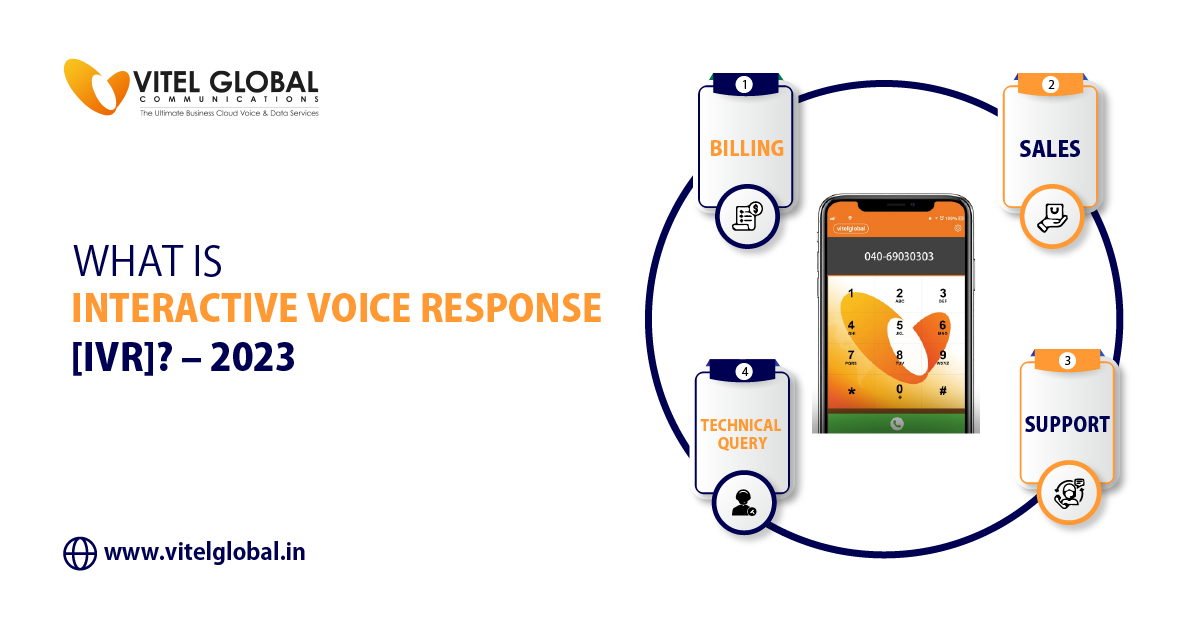Table of Contents
Effective time management is essential for increased productivity. Have you ever felt that the day is too short?
We all have the same 24 hours, so why do some people use their time more efficiently than others? It is time management.
Time management is the planning and organization of your time to fit in different activities. If you do it correctly, you will work more efficiently and effectively to accomplish more in less time, even under time constraints and intense pressure.
The most successful people are the best at managing their time. Here are some tips and techniques to help you better use your time.
What Exactly is Time Management?
Time management means deliberately planning and restricting the time spent on particular tasks to increase productivity. Setting deadlines, creating to-do lists, and rewarding yourself with small rewards are likely strategies you are already familiar with.
One of the most important aspects of time management is self-motivation. Finding your motivation and developing good habits that will help you work more effectively takes time.
Educating yourself on available tactics and best practices can help you to establish healthy routines and habits. The best option for you can be determined by testing them.
Benefits of Managing Time
We cannot emphasize enough how crucial time management is. You will see the difference in your personal and professional lives when you manage your time well. Here is a list of the many advantages and reasons for good time management:
Enhances Productivity
A meta-analysis of 158 studies revealed that time management tips improve work and academic performance. The fact that adults work in more adaptable, independent environments demonstrates the need to strengthen the link between time management and job performance over time.
Supports Goals
By effectively managing your time, you are working toward your objectives. When achieving a goal feels like a colossal task, breaking it down into manageable daily steps will increase your likelihood of success. By employing efficient time management tips, you can complete tasks more quickly and move on to the next one, increasing the amount of work you can complete in a day, month, or year.
Highlights Your Goal
Mark Cuban said, “Do not follow your passions, follow your effort,” in a series on Amazon Insights for Entrepreneurs. Your greater purpose is highlighted when you consistently invest time in something and when tasks associated with that project always fit into your schedule. Please pay attention to where you focus because it will reveal your strengths, which will help you succeed the most.
Allows for Leisure and Rest
Poor time management can harm your psychological and financial well-being. Research shows that “time poverty” is linked to worsened physical and mental health. Even though people may think that rest and leisure are a waste of time, they will increase your productivity because they prevent mental fatigue and boost motivation.
Promotes Work-Life Balance
Maintaining a positive work-life balance will boost productivity and increase job satisfaction. Work-life balance is essential, and investing in it will make you happier. Additionally, spending time with friends and family is as important as working.
Supports Well-Being
Effective time management will significantly lower your risk of developing chronic stress and burnout, which have been identified as public health issues and can result in various physical and mental health issues. However, making time for sleep, exercise, and interactions with loved ones will improve your mood, encourage positive feelings, and impact your cognitive health.
Time Management Tips that Work
You never know when an unforeseen incident will happen at work, so try to follow the below time management tips to the test when you are not feeling overwhelmed so you can practice it, see where you eed to improve, and figure out which tactics work for you. It can assist you in creating productive time-management habits that will boost your output under pressure.
The following time management tips will help you use your time more effectively:
Set Clear Goals
Goal setting plays a crucial role. Set both short-term and long-term goals. So, if you are clear about what you want to achieve, it will be simpler to set priorities for your work and keep your attention on it.
Prioritize Tasks
Organize tasks into categories and prioritize those using methods like the Eisenhower Matrix (urgent vs. essential). Concentrate on activities that will significantly advance your goals.
Make a To-Do List
List all the tasks you have to complete each day. List your jobs in priority order after breaking them up into manageable chunks. Your organization and focus will benefit from this.
Utilize time Blocking
Set aside specific time blocks for the various tasks. It stops you from multitasking and ensures that you give each task your full attention at once.
Eliminate Distractions
Identify typical sources of distraction and devise strategies to reduce them. To accomplish this, turn off notifications, designate a specific workspace, or use website blockers.
Outsource and Delegation
Consider outsourcing tasks outside your expertise and delegating tasks others can handle. You can use that time to complete more crucial tasks.
Set Time Limits
Give each task a precise time limit. It helps you work effectively by preventing tasks from taking up your entire day.
Smart use of technology
Use productivity tools like calendar apps, to-do list applications, and project management software to keep track of tasks and deadlines.
Use the 2-Minute Rule
Do something immediately if you can finish it in two minutes or less. As a result, little charges do not accumulate and become too much to handle.
Avoid Perfectionism
Aim for excellence, but resist the temptation to be perfect. The best is only sometimes enough to advance.
Regular Breaks
Scheduling regular breaks will help you to refresh your mind. Long-term, taking short breaks can increase focus and productivity.
Reflect and Review
At the end of each day or week, take stock of your accomplishments and make any necessary changes to your plan. Consider what went well and what could be done more effectively.
Learn to Say No
Saying “No” politely will help you avoid taking on obligations or tasks that conflict with your priorities or take up too much of your time.
Practice Mindfulness
Develop mindfulness practices such as deep breathing or meditation to manage stress and maintain focus.
Conclusion
In conclusion, utilizing time management apps is essential when making changes to your time management routines because they provide precise information on how much time you spend on various activities and how much of that time you could allocate or save.
Prioritize your tasks so you know what to work on each day to manage your time efficiently. Focus on your intention to make a real impact rather than letting your to-do list determine your priorities.
Remember that effective task management is a skill that requires practice. Try various approaches to determine which suits you best, and remain flexible enough to adjust as necessary.






